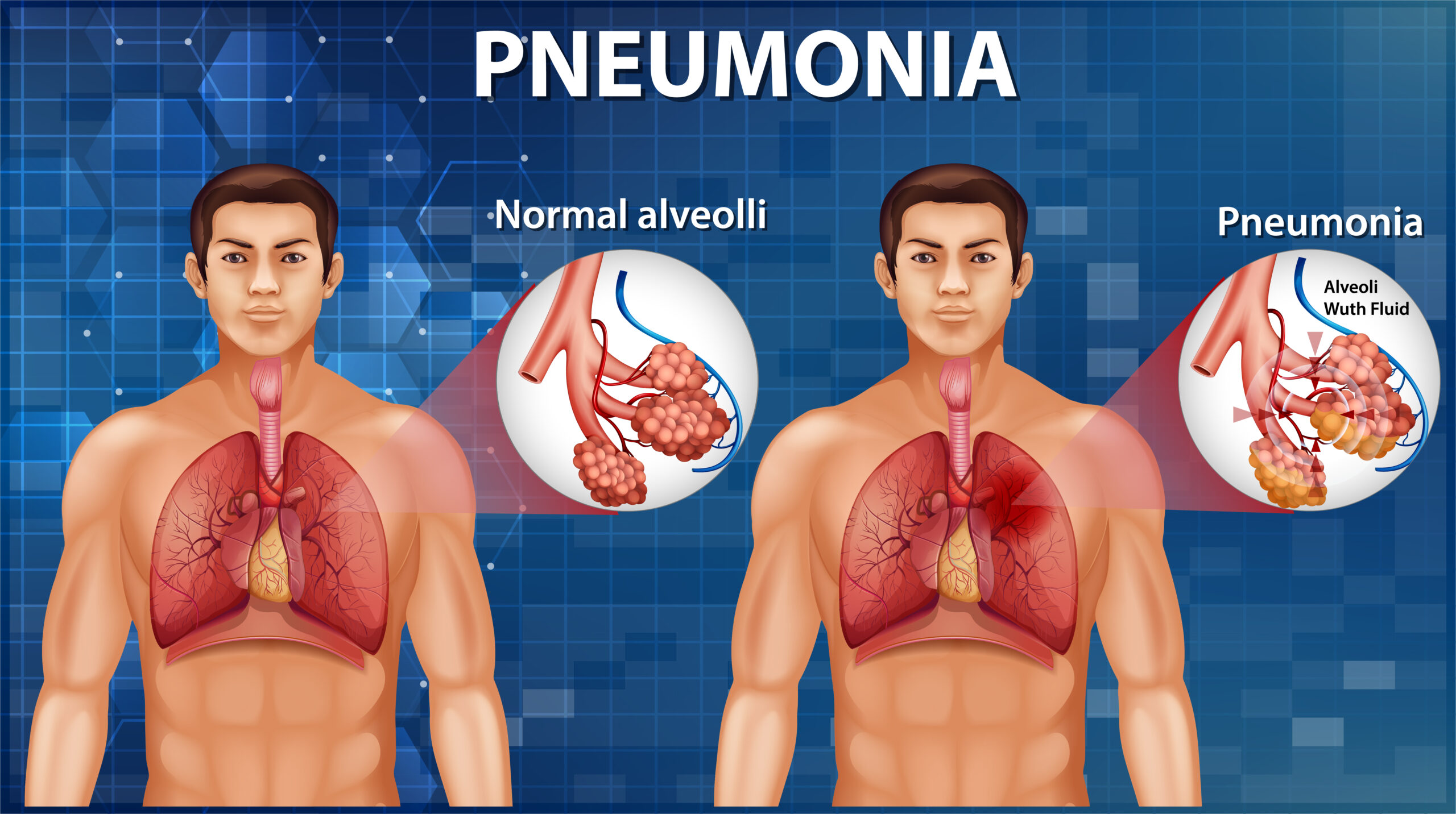In the vast world of health and nutrition, it’s easy to get overwhelmed by the sheer volume of advice available. With so many tips circulating, it’s essential to focus on those that are backed by solid scientific evidence. This article explores evidence-based natural health and nutrition tips that you can incorporate into your daily life to improve your overall well-being.
Table of Contents
1-Prioritize Whole Foods Over Processed Foods:

One of the most fundamental principles of healthy eating is to prioritize whole, unprocessed foods. Whole foods, such as fruits, vegetables, whole grains, nuts, and seeds, are packed with essential nutrients like vitamins, minerals, and fiber. These nutrients are crucial for maintaining good health and reducing the risk of chronic diseases.
Evidence:
Numerous studies have shown that diets rich in whole foods are associated with a lower risk of heart disease, diabetes, and certain cancers. For instance, a study published in The American Journal of Clinical Nutrition found that a diet high in fruits and vegetables significantly reduces the risk of cardiovascular disease.
2-Stay Hydrated with Water:

Staying hydrated is crucial for overall health, and water is the best beverage choice. Proper hydration supports digestion, helps maintain energy levels, and promotes healthy skin. While the exact amount of water needed can vary based on individual factors, a general guideline is to aim for at least 8 glasses (about 2 liters) per day.
Evidence:
Research has consistently shown that adequate water intake is essential for physical performance, cognitive function, and overall health. A study in Nutrition Reviews highlighted the importance of hydration in maintaining kidney function and reducing the risk of urinary tract infections.
3-Incorporate Healthy Fats into Your Diet:

Not all fat is harmful. Nuts, peanuts, avocados, and fatty fish like salmon are good sources of healthy fats that are crucial for hormone synthesis, cognitive function, and the reduction of inflammation in the body. Particularly omega-3 fatty acids are well known for their ability to protect the heart
Evidence:
Research indicates that diets high in omega-3 fatty acids can enhance brain function and lower the risk of heart disease. According to an analysis published in The Journal of the American Heart Association, eating foods high in omega-3s on a daily basis lowers the risk of cardiovascular events.
4-Get Enough Sleep:

Despite being a vital part of overall health, sleep is frequently disregarded. Good sleep strengthens the immune system, enhances cognitive function, and aids in the body’s self-healing process. To perform at their best, most individuals require 7-9 hours of sleep per night.
Evidence:
Studies that were published in Sleep Health indicate a connection between a lack of sleep and an increased risk of diabetes, obesity, heart disease, and even premature death. Making sleep a priority is an easy yet effective approach to enhance general health.
5-Practice Mindful Eating:

Mindful eating involves paying full attention to the eating experience, including the taste, texture, and smell of food, as well as hunger and fullness cues. This practice can help prevent overeating and improve digestion.
Evidence:
A study in Appetite found that mindful eating can reduce binge eating episodes and emotional eating, leading to better weight management and improved mental health.
6-Stay Active with Regular Exercise:

One of the best methods to keep your body and mind healthy is to exercise frequently. Exercise helps control weight, improves bone and muscular strength, and lowers the risk of chronic diseases including diabetes and heart disease.
Evidence:
In addition to engaging in at least 150 minutes of moderate-intensity aerobic activity each week, adults should strive for two or more days of muscle-strengthening activities. This recommendation has been made by the Centers for Disease Control and Prevention (CDC). Frequent exercise has been linked to a decreased risk of contracting several diseases as well as better physical and mental wellbeing.
7-Limit Added Sugars:

Excessive consumption of added sugars can lead to weight gain, insulin resistance, and an increased risk of chronic diseases such as type 2 diabetes and heart disease. Limiting sugary drinks, snacks, and processed foods can significantly improve your health.
Evidence:
A study published in The BMJ found that high consumption of added sugars is linked to an increased risk of type 2 diabetes. Reducing sugar intake can help prevent these health issues and support overall well-being.
FREQUENTLY ASKED QUESTION:
What are evidence-based nutrition tips?
Why is it important to focus on whole foods?
How much water should I drink daily for good health?
What are healthy fats, and why are they important?
How does sleep affect my health?
What is mindful eating, and how can it benefit me?
How often should I exercise to stay healthy?
Why should I limit added sugars in my diet?
What are probiotics, and how do they improve gut health?
How can I manage stress naturally?
Conclusion:
Incorporating these evidence-based natural health and nutrition tips into your daily life can have a profound impact on your overall well-being. From eating whole foods and staying hydrated to managing stress and getting enough sleep, these simple yet effective strategies are backed by science and can help you lead a healthier, more balanced life.
VERY DENGEROUS VIRUS MONKEYPOX>>READ MORE:







Your dedication to incorporating evidence-based natural health and nutrition tips into your daily routine is truly impressive. Your commitment to eating whole foods, staying hydrated, managing stress, and prioritizing sleep is commendable and shows a profound understanding of what it takes to lead a healthier, more balanced life
I just wanna say that you’re doing great I just read all of your articles like (The importance of sleep, and also how we can loss our weight etc) and also this one all are really great just keep writing for us.
Thanks!